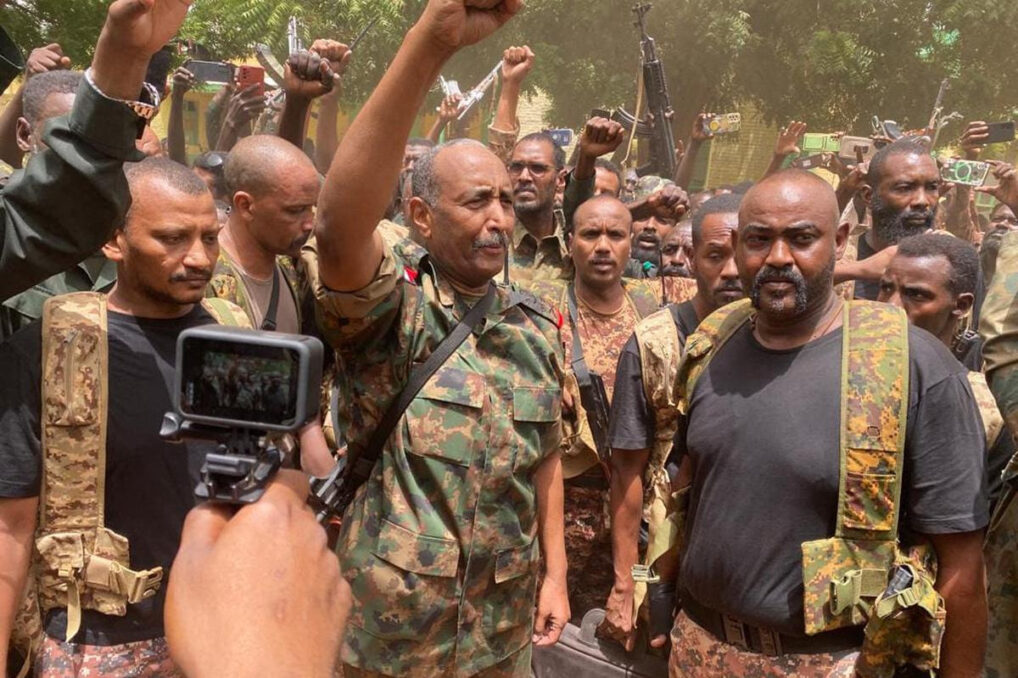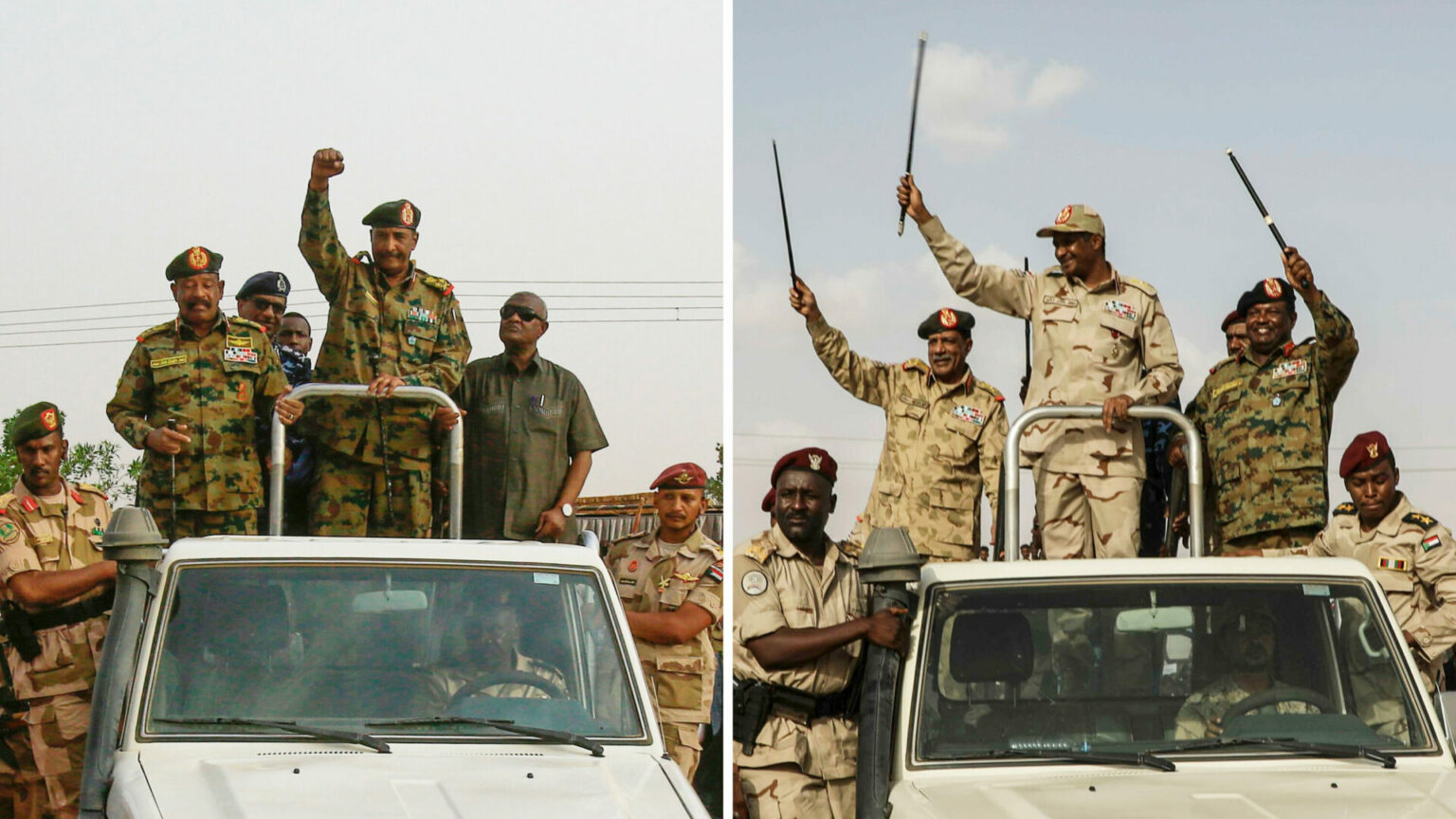The relocation instils concerns about a potential resurgence of conflict between the military and the paramilitary organization known as the Rapid Support Forces.
According to Sudanese diplomatic sources, the Sudanese military has temporarily halted its involvement in negotiations concerning a ceasefire and the provision of humanitarian aid. This development has sparked concerns about the potential resumption of hostilities, resulting in the displacement of hundreds of thousands of individuals.
Negotiations were initiated in Jeddah, a Saudi Arabian port city, in early May with the adversary paramilitary group known as the Rapid Support Forces (RSF). These discussions resulted in a written agreement outlining their commitment to safeguarding civilians and two temporary ceasefires. However, these ceasefires have been frequently breached.
The Military and the RSF agreement
The military and the RSF reached an agreement to prolong a ceasefire arrangement by an additional five days shortly before its scheduled expiration on Monday. On Wednesday, there were reports from diplomatic sources stating that the military had decided to temporarily halt its involvement in the negotiations.
Brigadier Nabil Abdalla, a representative of the military, informed that the army has decided as a reaction to the alleged “repeated infringements” of the humanitarian ceasefire by the RSF. These violations include their ongoing control of hospitals and other civilian facilities in the capital city of Khartoum.
The RSF alleged that the army deliberately disrupted the Jeddah negotiations to sabotage them and breached the ceasefire by launching air and artillery strikes against their positions, as stated in their official communication.
Violent confrontations persisted in Sudan’s capital, Khartoum, until late Tuesday, as inhabitants witnessed fierce combat extending across the three interconnected cities forming Sudan’s larger capital area, encompassing Khartoum, Omdurman, and Khartoum North. Residents reported extensive fighting in these locations situated at the convergence of the Nile River.
A Difficult Truce
Although the talks in Jeddah aimed to assist civilians in rebuilding their lives, achieving this objective has proven difficult. Even though a truce was established and overseen from afar by Saudi Arabia and the United States, both sides have violated the agreement, and reports suggest that the Rapid Support Forces (RSF) are employing civilians as human shields.

Despite the truce, people are still fleeing Khartoum, and many remain trapped in their homes. However, the agreement has facilitated the provision of humanitarian aid.
The conflict has resulted in the displacement of approximately 1.4 million individuals, with over 350,000 seeking refuge in neighbouring nations.
After more than six weeks of the conflict, the United Nations calculated that over 25 million people, which is more than half of the population, required assistance and safeguarding.
The capital has experienced extensive looting and regular disruptions in electricity and water provision. The majority of hospitals have become inoperative.
The United Nations, certain humanitarian organizations, embassies, and segments of Sudan’s central government have relocated their activities to Port Sudan, located in Sudan’s Red Sea state. This area serves as the primary maritime centre and has experienced minimal turmoil.
Following the popular uprising in 2019 that led to the removal of former leader Omar al-Bashir, the ruling council in Sudan has been predominantly composed of military and Rapid Support Forces (RSF) leaders.
In 2021, they orchestrated a takeover because they were supposed to transfer control of the council to non-military individuals.
However, they disagreed about the hierarchy and reorganization of the RSF during the intended shift in power.
Recent Decisions
The United Nations, several aid organizations, embassies, and certain departments of Sudan’s Central Government have relocated their operations to Port Sudan, situated in Sudan’s Red Sea state. This region serves as the primary hub for shipping and has experienced minimal unrest.
Following the popular uprising in 2019, which led to the removal of former leader Omar al-Bashir, the leaders of the army and the RSF (Rapid Support Forces) held the highest positions within Sudan’s ruling council.
However, a coup took place in 2021 when they were supposed to transfer control of the council to civilian authorities. The coup occurred due to disagreements over the chain of command and the planned restructuring of the RSF during the transitional period.













